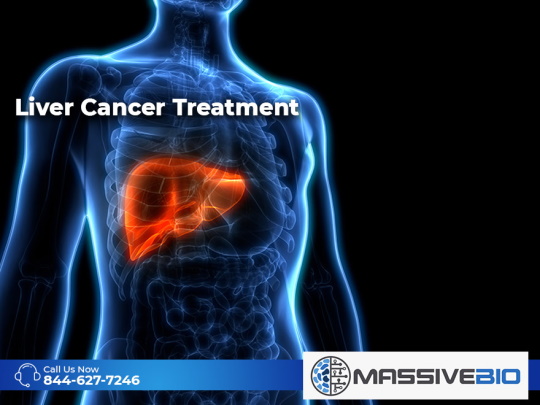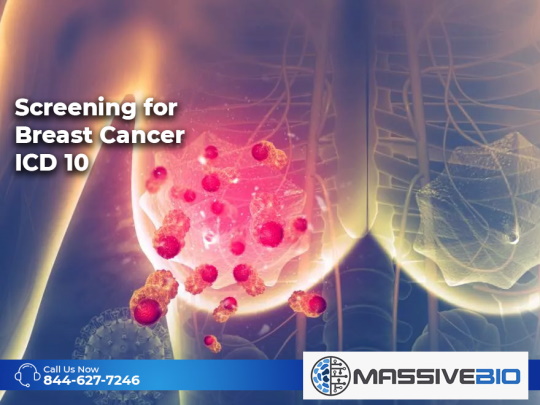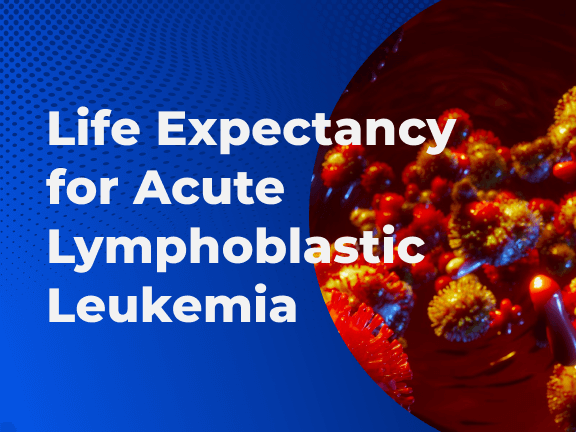Liver cancer treatment depends on the extent and stage of the disease, as well as your age, general health, and personal preferences. Although the chance of an early diagnosis in liver cancer is low, regular screenings, especially in high-risk patients, increase the chance of being diagnosed before it progresses to advanced stages.
Surgical resection is among the first options for liver cancer treatment. In certain cases, a doctor may recommend surgery to remove a small portion of liver tissue if the tumor has not grown and the liver is functioning normally.
Liver Cancer Treatment Options
Although it may vary from patient to patient, the most beneficial treatment method is surgery. Removal of part of the liver or liver transplantation may be performed. An important factor to take into consideration during surgery is that the remaining part of the liver is of sufficient quality and size for the patient.
The ability to perform surgical treatment depends on the stage of the tumor. In addition, if the patient has liver disease, the severity is also a factor. Surgery is not performed in liver cancer that has spread beyond the liver.
For patients who are not suitable for surgery, other interventional treatments can be applied. Chemoembolization is one of the first options considered. Chemoembolization limits the growth of the mass by administering drugs into the liver artery. Other alternative methods are alcohol injection, radiofrequency ablation and cryotherapy.
In all local treatments, the tumor tissue is killed by applying heat, freezing, or chemicals injected locally to the mass. Chemotherapy, which is frequently used in other cancers, gives more effective results when used with other treatments in liver cancers.
Local Treatments for Liver Cancer
- Cryoablation: Cryoablation is a method of extreme cold freezing to destroy cancer cells. During the procedure, a liquid nitrogen-containing cryoprobe head is placed directly over liver tumors. Ultrasound images are used to position the cryoprobe and to monitor the freezing of cells.
- Radiofrequency ablation: In the radiofrequency ablation method, an electric current is used to heat and destroy cancer cells. One or more fine needles make small incisions in the abdomen, guided by an ultrasound or CT scan. When the needles reach the tumor, they are heated by an electric current and the cancer cells are destroyed.
- Alcohol injection: It is the method of injecting alcohol into the tumor. In this treatment, pure alcohol is injected directly into the tumors through the skin or during surgery. Alcohol causes tumor cells to die.
- Chemoembolization: It is the process of injecting chemotherapy drugs into the liver. It is a chemotherapy treatment in which powerful anti-cancer drugs are applied directly to the liver.
- Radiation Spheres: It is the practice of placing radiation-filled beads in the liver. Tiny spheres containing radiation can be placed directly in the liver where they can deliver radiation to the tumor.
Targeted Drug Therapy
Targeted drugs work by interfering with specific abnormalities within a tumor. It has been shown to halt or slow the progression of advanced hepatocellular carcinoma, compared to untreated cancer.
More studies are needed to understand how targeted therapies, such as sorafenib (Nexavar), can be used to control advanced liver cancer. Liver cancer clinical treatments may give new hope for some patients. In a consultation with your doctor, you can discuss whether you are suitable for a clinical treatment. Massive Bio helps provide top-notch healthcare to cancer patients, including clinical trials.













